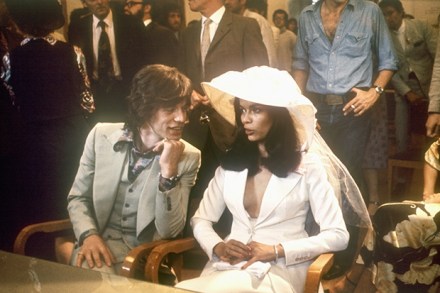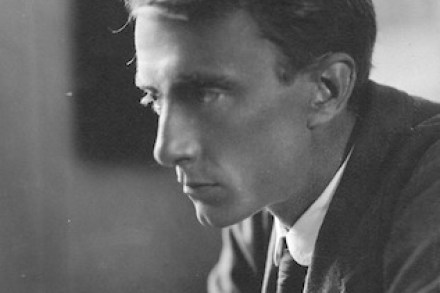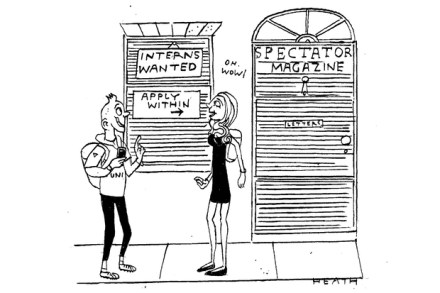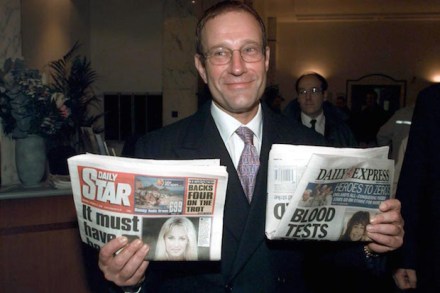Two big hitters leave the crease
Two great men have just bowed out from their chosen trades and it is bloody sad. The New Zealand cricket captain Brendon McCullum and the journalist Hugh McIlvanney might not seem to have much in common but they both made the world a better, more joyful place. I sat up until the small hours a few of weeks back watching McCullum: it was his last Test, in Christchurch, against the old enemy from across the Tasman Sea, and his side had been put in to bat. McCullum has redefined what it means to be a batsman and for his farewell he wasn’t going to leave anything in the pavilion. He



















